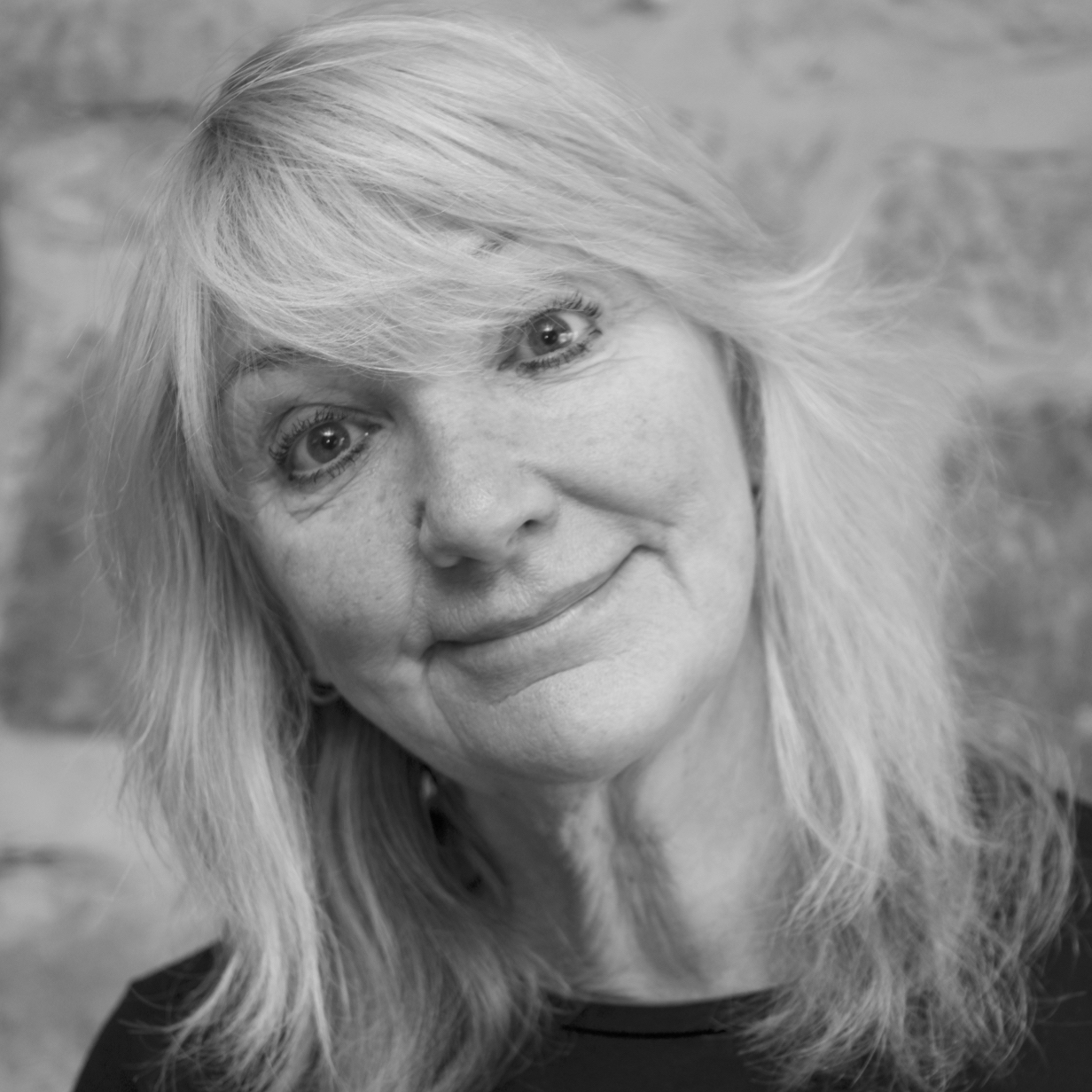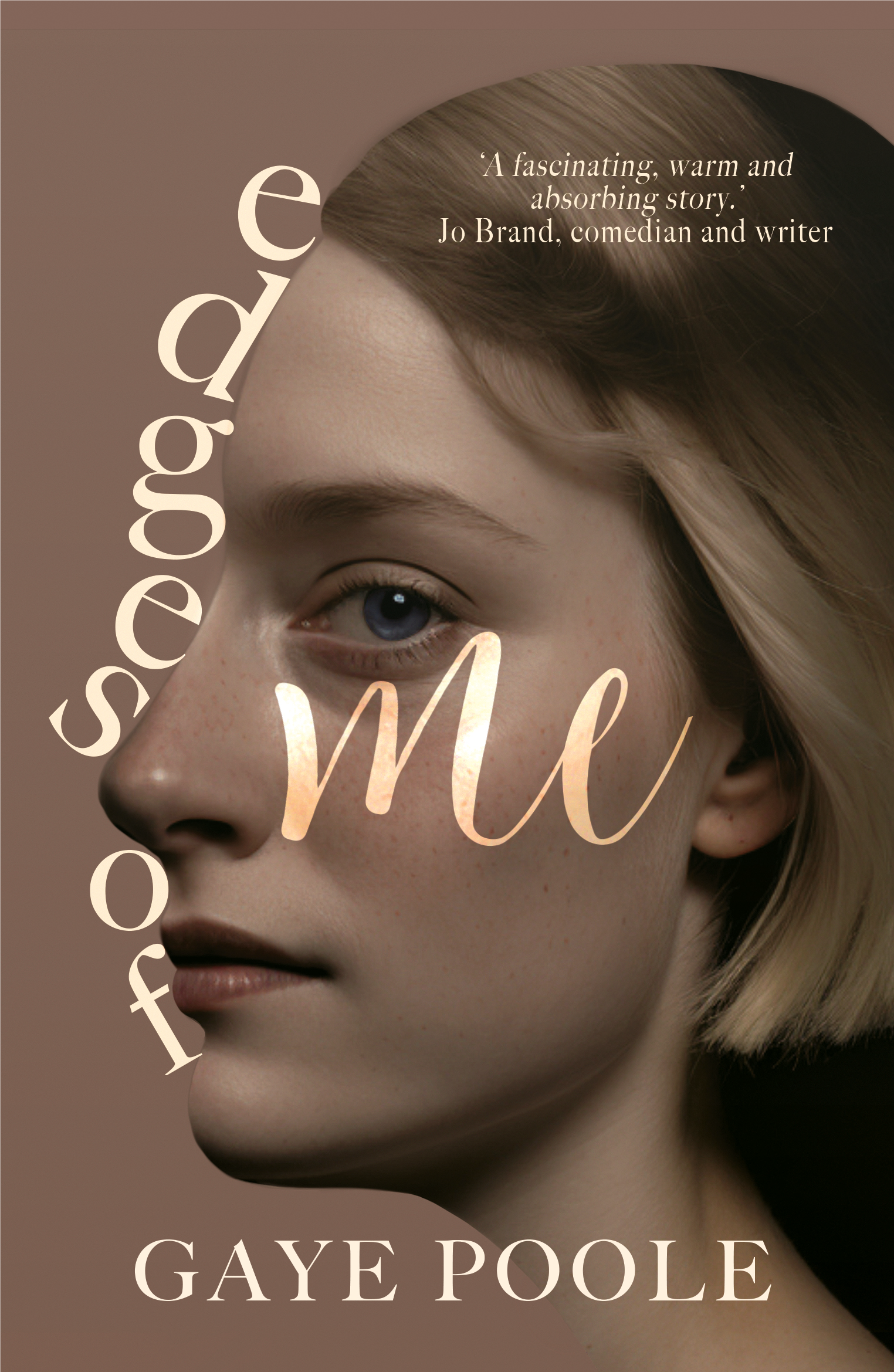
For me, it all began with Mrs Huggett, my English A-level teacher. A very stout Tess of the D’Urbevilles and a year off retirement - cigarettes disguised by sickeningly flowery perfume - she felt the right had been earned to drag her students around Egdon Heath. In Hardy’s time, she would have been his most prominent stalker. But, to us, she was magical. A conduit to the alchemy that follows a powerful piece of theatre or an absorbing book; the way characters and messages somehow stick around beyond the last page or the final curtain, their ideas and messages there to be called upon for guidance or inspiration.
After a brief career as a general and psychiatric nurse, I retrained as an actor and - over the years - became a playwright. My nursing laid down my future subject material (I only write about health and social care issues) and my method acting training meant I needed to know everything about my characters - not quite to their toothpaste brand, but almost! As a playwright, directors often asked me to re-send my script without my copious stage directions. I realised I wanted to be more in charge of my characters’ movements and nuances. Now, I am calling myself an author (woohoo!) and I can get my characters to do whatever I like.
I would say the transition from plays to books is mostly liberating, although my particular hurdle is grammar. In writing purely dialogue, the parlance has no need of order. Indeed, I used this free-form dialogue ‘brainstorm’ to get to know my characters and possible intentions.
Often, the art of playwriting happens with the overall budget of the production in mind. Plays with smaller casts are more viable for many companies, ensuring every character earns their place (the walk-on sword carrier needs another important job, e.g. assailant!). And this became a useful discipline when translated to novel writing. Although a few more luxuries are afforded when it comes to creating more well-rounded secondary characters, the same sort of principles apply; they too need to inform the main plot.
In writing my plays, either I chose or was commissioned to write about a particular issue. This imposed discipline also proved useful, ensuring that I regularly check and return to the central theme of my novel. I questioned: is my plot exploring Borderline Personality Disorder in a way that aligns with my central aim? Is it stifling, or enhancing the character’s authentic journey? Does the ‘effect’ and take-home message lift from a page without the delivery of a great actor?
Another challenge I found in making the change from play- to novel-writing was finding ways to replace theatrical devices. I have used music as an emotional barometer within my plays but in a novel the words need to do all of the work so I needed to find ways, for example, to describe the coldness of a stare, sound of a scream or the visceral feeling of pain. I felt like my younger self in a one-woman-show, trying to do and be everything; a feeling made up in part by freedom and heady joy, but also terror!

Applying the three-act structure of a play to a novel has helped to tightly design my story arcs. Now I'm taking readers on a journey to a specific destination, not on an endless voyage. A play needs forward momentum to take the audience onwards. Similarly, I realise we need to drive our novels at variable speeds, to ensure there are no cul-de-sacs for the reader to cast aside our hard-penned masterpieces.
With a play, a director and often the cast, offer improvements in rehearsal. For me, the outside eye is all important. It is easy to overlook the impossibility of an actor being in two places at once, or a character that just wouldn’t paddleboard… Thus, all-important are the services of a writing mentor (I’d recommend Stephanie Butland) and writer’s platforms e.g. Writers & Artists (I had a lot of lightbulb moments during William Ryan’s course).
Overall, I’d encourage any new writer to explore the play format. You’ll learn so much about character development, intention and concise shaping that can carry across to writing fiction. Thus, you can spend delightful days on occasional plot detours and weaving beautiful prose. All the deeper, richer complexities found by actors in a play can be of your own making. Oh, and reading your novel aloud as a play helps too - but windows are to be closed on any passages that could result in a police visit. Best o’ luck!
Gaye moved away from Oxfordshire and her co-founded theatre company www.humanstorytheatre.com to begin a new era in the relative isolation of an idyllic valley in North Wales. You will find her either walking her labradoodle musing about her second book, helping her husband convert barns, leading the occasional ceremony as a celebrant, or eating scones with friends. www.gayepoole.co.uk
Comments